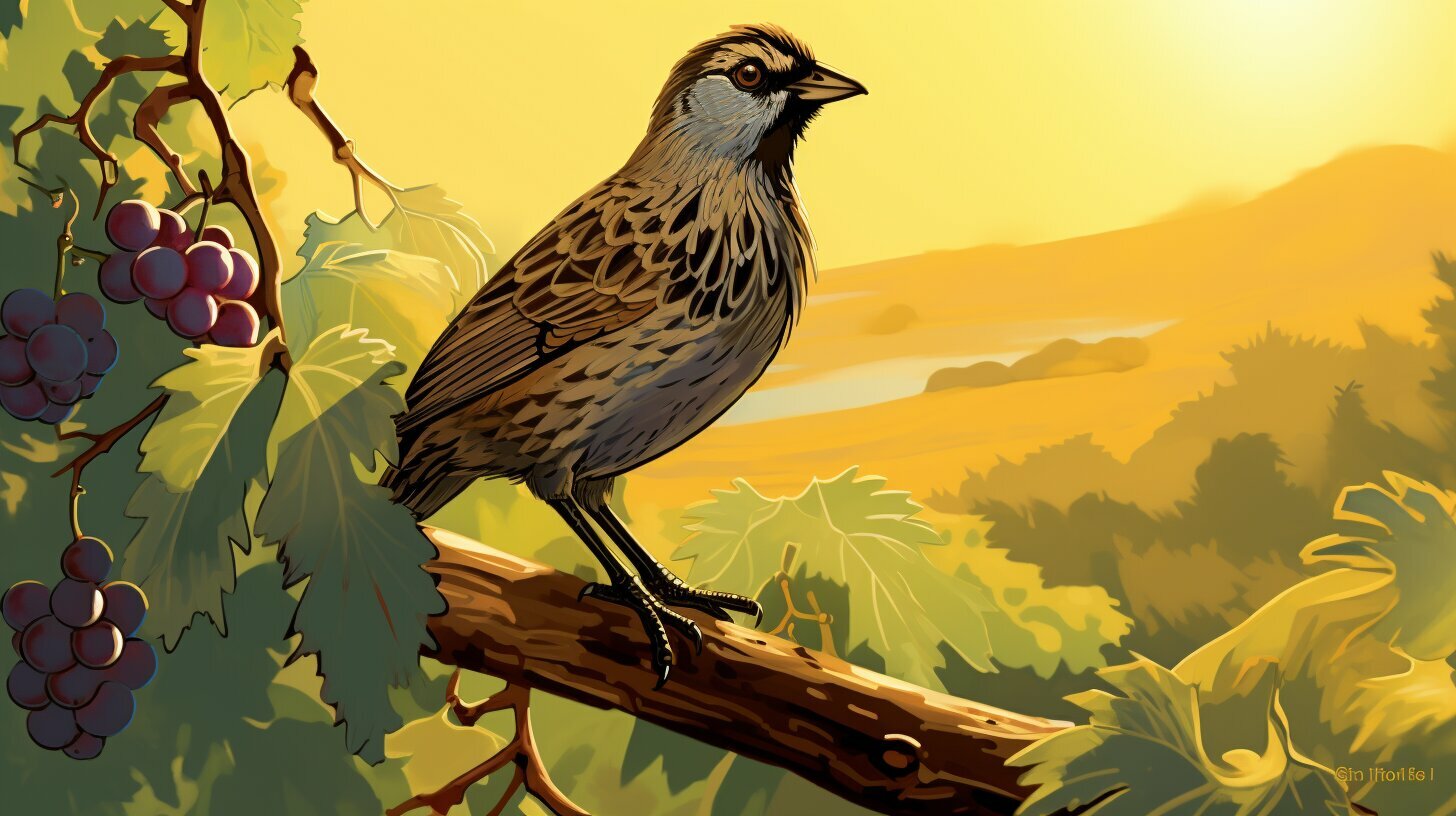Do Zebras Live In The Jungle? Exploring Zebra Habitats

Table of content:
Zebras are iconic African animals known for their distinctive black and white stripes. But where do these unique equids actually live? Do zebras inhabit jungles like some other African wildlife?
The simple answer is no, zebras do not live in the jungle. Zebras are specially adapted for life on the open grasslands and savannas of Africa. Their stripes likely evolved as camouflage against predators on the plains.
Zebra Habitats and Range
There are three main species of zebra: the plains zebra, Grevy’s zebra, and the mountain zebra. Each inhabits different areas of Africa.
Plains zebras are the most common. They live in the grasslands and savannas of eastern and southern Africa. This includes countries like Kenya, Tanzania, Botswana, Zambia, Zimbabwe, Mozambique, and South Africa. Major protected habitats for plains zebras include the Serengeti, Masai Mara, Kruger National Park and others.
Grevy’s zebras live in Ethiopia and northern Kenya. They prefer arid grasslands and subdesert scrublands.
Mountain zebras live in dry, rocky, mountainous areas of southwest Africa. This includes Angola, Namibia, and South Africa.
Zebras prefer these open grassland habitats with ample fresh water supplies. The grasslands provide them with plenty of nutritious forage to graze on. And they are adapted to travel long distances for water during the dry season.
Why Zebras Don’t Live in Jungles
There are several key reasons why zebras don’t inhabit jungle environments:
- Lack of grazing. Zebras are graminivores meaning they eat mostly grasses. Jungles simply don’t provide enough open grasslands for grazing.
- Predator avoidance. A zebra’s bold stripes stand out in the open plains and help confuse predators. But this camouflage would be ineffective in the dense jungle landscape.
- Climate. Zebras thrive in the hot, semi-arid grassland climates. Jungles have thicker vegetation, more rainfall, and wetter soils.
- Migration. Zebras are migratory animals adapted to roaming vast distances in search of fresh grazing and water. Jungles would impede these seasonal migrations.
So the jungle biome lacks the right ecology for zebras to easily find food, evade predators, or migrate successfully. The savanna is a much better suited environment.
Unique Adaptations for Savanna Life
Zebras have evolved several key adaptations that help them thrive in the African savannas:
- Stripes act as an effective camouflage against lion, cheetah, and other predators when visually seen against tall grass.
- Large ears help dissipate heat and facilitate communication.
- Hard hooves allow traversing long distances over rough terrain during migrations.
- Powerful legs enable them to outrun predators in short bursts up to 35 mph.
- Teeth adapted for grinding tough grasses.
- A digestive system suited for extracting nutrients from fibrous vegetation.
- Strong social bonds in herds for safety, especially at night when predators hunt.
- Loud voices to alert others in their herd to danger.
These adaptations help zebras safely feed, migrate, raise young, and evade predators in the grasslands. The jungle would make many of these adaptations less useful.
Zebra Behaviors
Zebras exhibit several interesting behaviors and traits worth noting:
- They live in herds of up to 30 individuals led by a dominant male.
- Each zebra has a unique stripe pattern used to identify kin.
- Zebras communicate with various vocalizations including barks, snorts, whinnies, and whimpers.
- They spend most of their day grazing on grasses but will also forage leaves and shoots when grass is scarce.
- Some zebras are migratory and travel hundreds of miles each year in search of food and water. These migrations often follow seasonal rains that stimulate grass growth.
- Zebras are very wary animals with excellent eyesight. They frequently scan for predators and will bark warnings when threatened.
- At night zebras take turns sleeping while others stand guard to watch for predators.
- Young zebras are called foals. They can stand just minutes after birth but remain vulnerable to hyenas and wild dogs.
These behaviors reflect adaptations for open plains more so than dense jungle habitats. Zebras rely on keen vision, vocal alerts, migration, and dental adaptations for consuming grass. The jungle would not suit these behaviors as well.
Threats and Conservation
Though zebras don’t live in jungles, they do face threats across Africa. Zebra populations are declining due to:
- Habitat loss as grasslands are converted to farms, ranches, and human settlements.
- Illegal hunting for meat and hides.
- Competition with livestock that degrade habitats.
- Fencing that blocks migration routes.
- Drought and climate changes that reduce water sources.
- Disease outbreaks in some areas.
To protect zebras, conservation measures include:
- Establishing protected wildlife preserves and national parks.
- Prohibiting illegal hunting and enforcing game laws.
- Managing livestock grazing lands sustainably.
- Maintaining connectivity of migration routes between habitats.
- Translocating zebras to suitable new areas.
- Vaccinating against diseases like anthrax.
If conservation efforts succeed, future generations may continue to enjoy sighting zebras grazing across Africa’s iconic savannas. The preservation of open grasslands is crucial for the survival of these unique equines.
Conclusion: Why Zebras Avoid Jungles
In summary, zebras do not inhabit jungle environments because they are specialized herbivores adapted for life in open savannas and grasslands. The lack of grazing, climate, and migration barriers make jungles unsuitable habitats for zebras.
Their camouflage stripes, social behavior, heat tolerance, and other traits reflect evolutionary adaptations for plains habitats where they naturally thrive today as Africa’s most recognizable mammal. With sound conservation measures, we can ensure zebras continue roaming the grassy plains they are iconically associated with.
Welcome. I’m Adreena Shanum, the proud owner of this website, and I am incredibly passionate about animals, especially poultry. I founded adreenapets.com as a labor of love, stemming from my desire to share my knowledge and experiences with poultry enthusiasts worldwide.




